King Lear at Wyndham’s Theatre
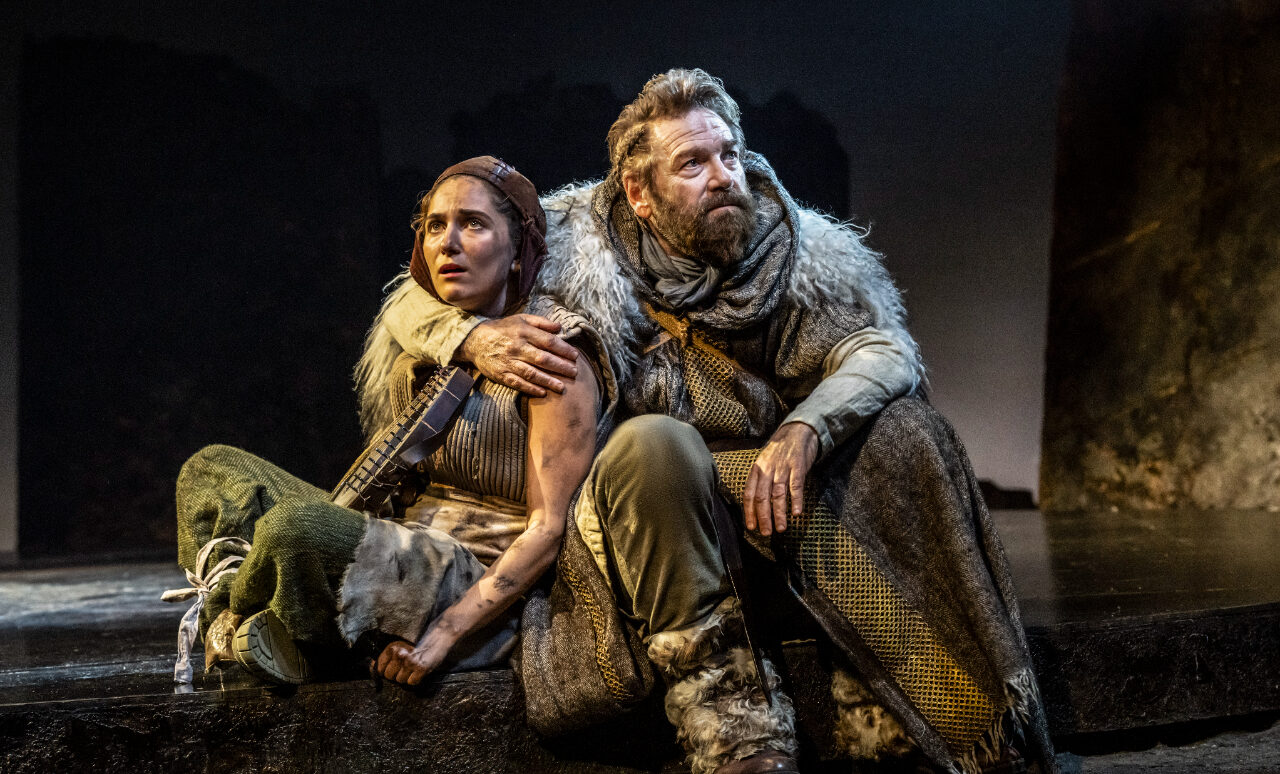
In a much-awaited return to the West End, Kenneth Branagh directs and plays the lead role in Shakespeare’s tragedy King Lear. The ten-week run is nearly a sell-out, and expectations are high. Branagh masterfully delivers in his complex role, however, the production overall feels like it’s lacking some of the profound subtleties of the text.
Preparing to divide his possessions, King Lear (Branagh) intends to bestow the largest share of his realm to the daughter who declares the most love for him. The two elder siblings shower him with flattery, but Cordelia (Jessica Revell) chooses to stick to the truth, avoiding any exaggeration. Her honesty is punished with exile. Later, Lear, accompanied by his 100 knights, seeks refuge first with Goneril (Deborah Alli) and then with Regan (Melanie-Joyce Bermudez), only to be received with contempt and ingratitude. Meanwhile, in another court, the Earl of Gloucester (Joseph Kloska) faces his own trials because of a treacherous plot by his sons.
The primitive setting highlights the cruelty and bloodthirstiness of the tribes. Yet, the strong, positive moments, such as those from the banished Cordelia and the disguised philosopher Edgar (Doug Colling), stand out, not only as beacons of hope and tenderness amid the darkness, but also in their performances. The moving set design is kept natural, almost rough, and free from any traces of human development, with rocks that expand or contract to define indoor and outdoor spaces. The circular ceiling with an oculus, opening to the sky to cast light or shadows, is particularly striking. However, the close-up projections of faces add little to the context and ambience. What actually enhances the atmosphere are the sounds, from the drums to the distant waves, which are a constant presence (especially in the latter part), coupled with the dramatic lighting. The setting then leaves centre stage to the acting and dynamics, although at times these lack cohesion and intensity (such as in Gloucester’s fall into ruin), except for the final battles where the coordination of movements and dialogue sequences is tight and captivating.
In the multifaceted character of King Lear, fluctuating from seeking adulation to anguished madness, from fiery rage to profound grief, Branagh becomes a mighty monarch, heartbroken and tested by fate. With his sparingly humorous lines, he captures and conveys the many ebbs and flows of the role. It’s a shame that this subtlety is often not reflected in the other parts, where the enemies are purely evil, and the virtuous are purely victims. Consequently, the story loses a lot of its texture. Given that the majority of the cast members are young – with quite a few being recent graduates – their energy and fresh approach could have been better channelled.
Running for approximately two hours, with no interval, the show moves more swiftly than foreseen. While this pace risks giving the work a brisk air, it also renders the theatrical piece more easily digestible for everyone.
Cristiana Ferrauti
Images: Johan Persson
King Lear is at Wyndham’s Theatre from 21st October until 9th December 2023. For further information or to book visit the theatre’s website here.


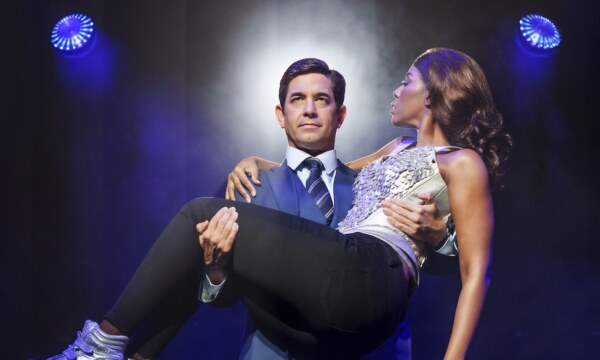
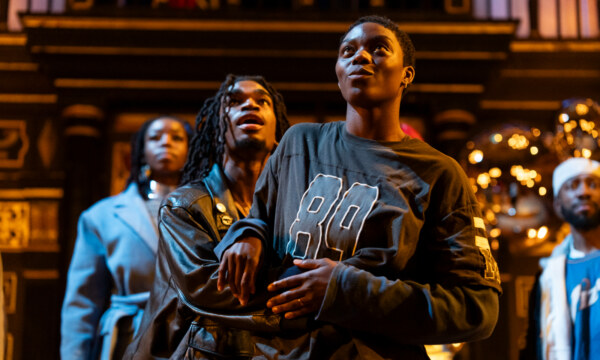

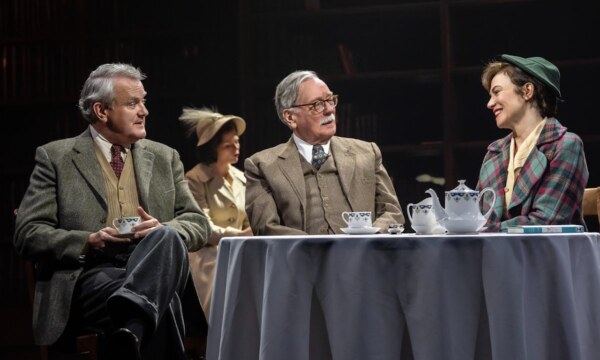
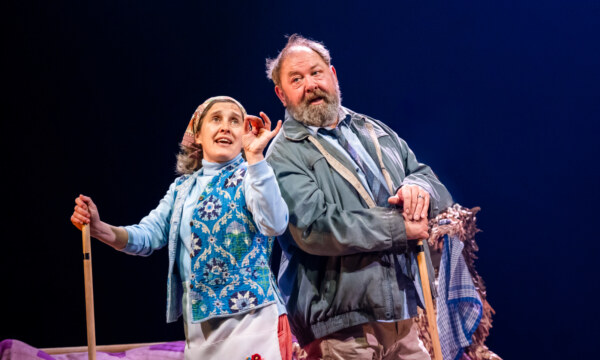
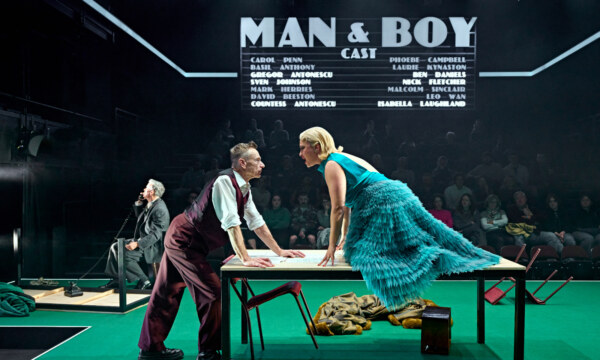

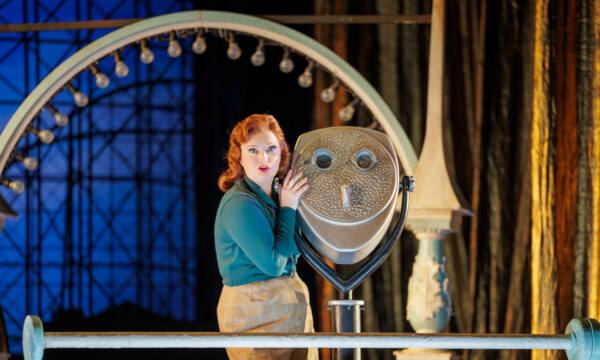




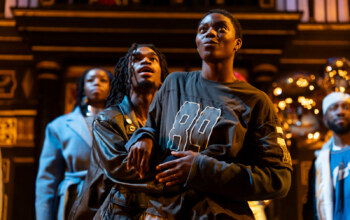











Facebook
Twitter
Instagram
YouTube
RSS